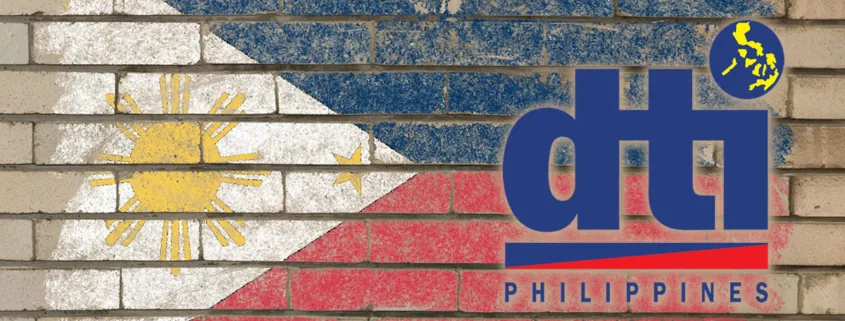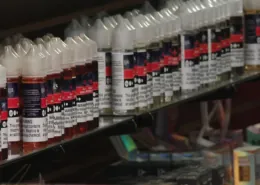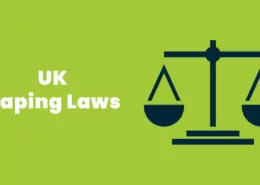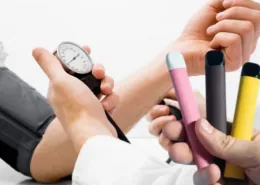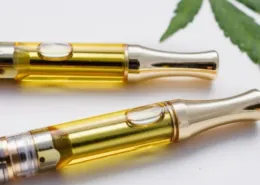Philippine DTI Revises Technical Regulations for Vape Products
The Philippine Department of Trade and Industry (DTI) is in the process of revising the regulations for vape products, according to Perpetua Werlina Lim, the assistant director for the DTI’s consumer policy and advocacy bureau. The revisions, which are expected to bring significant changes to the auditing process for companies selling these consumer goods, will affect Department Administrative Order (DAO) No. 22-06 and DAO No. 24-02.
In a statement made during the DTI’s Saturday morning radio program at the dzBB station, Lim explained that the new regulations will shift the focus from product testing to an audit process. Companies will be required to submit the audit results directly to the department. Stakeholders have until December 19 to provide feedback on the proposed changes to the technical regulations.
As per the DTI’s 2024 issuance, the audit and sampling will be conducted by the department’s regional or provincial offices, the Bureau of Philippine Standards (BPS), or a BPS-accredited auditing body. The application for the Philippine Standard (PS) license, which is the DTI’s certification system, will also be factory, plant, or site-specific, as well as importer, local office, or agent-specific.
Lim emphasized that sellers offering vape products without a PS license are violating the law and will face consequences, including the confiscation of their goods, suspension of their business, and penalties.
The Vape Act, formally known as Republic Act No. 11900, came into effect in July 2022, with its implementing rules released in December of the same year. The DTI reported that it had confiscated vape products worth P32.76 million from January to May 2023.
The DTI’s office for the special mandate on vaporized nicotine and non-nicotine products, their devices, and novel tobacco products has been urging consumers to report retailers who violate vape regulations.
- Is It Illegal to Vape or Smoke While Driving in Minnesota? - August 15, 2025
- American Airlines Vaping Passenger Alleges Assault in Police Report - August 15, 2025
- NEXA PIX 35K Disposable Vape with Crystal Tank Review - August 15, 2025

